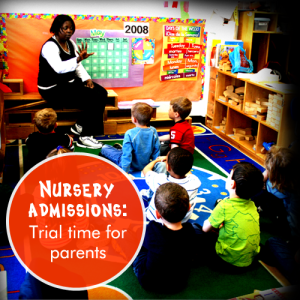 A trip to the mall is always met with applause by children in a typical 20th century household.And why not!? There are entertainment zones that have rides, bouncing castles, toy trains, simulating games and the works! It is a perfect place for your child to be entertained. This scenario is a far cry from our childhood, when there were no theme parks or malls that had such great entertainment
A trip to the mall is always met with applause by children in a typical 20th century household.And why not!? There are entertainment zones that have rides, bouncing castles, toy trains, simulating games and the works! It is a perfect place for your child to be entertained. This scenario is a far cry from our childhood, when there were no theme parks or malls that had such great entertainment
system just for kids. But do you also know that such entertainment does not stimulate or nurture your child’s imagination. This is only spoon-fed visual entertainment, with little or no room for imagination that is very important for any child’s development.
The best entertainment is free entertainment that is provided by nature. Free entertainment stimulates their minds more and tires them out if they enjoy it. If they are simply distracted by rides and toys they switch off and then lack enough imagination to entertain their own.
A fantastic way to do this is to plan a Park Walk Activity when the weather is nice. All you need is a picnic basket with nibbles and a couple of sealable plastic bags. This activity is great for getting your child to take an active interest in nature. Find a good park near your house that has enough trees, shrubs, flowers and shade to rest. Start early so that you can wrap up by the time it gets sunny. Start your walk and see how many different things you can find. There is no need to rush the kids. Let them take it all in at their own space. Let it be a leisure walk rather than an activity that has a start and a finish. You could simply guide your children by picking out leaves or flowers that you like and carefully putting them inside the re-sealable plastic bag. Tell them you want to take it home and put it in your room. Your kids are sure to follow your suit. Make sure you don’t pick too many. One of each will be fine.
When you do this more than once, you will notice your children brining back bags full of moss from the trees, different twigs, berries and nuts, various leaves and flowers, small stones and feathers.
Whatever you can find you can collect. Let your child get interested in the surroundings and discover new things on their own.
A picnic basket is great to break up the walk when you feel your child has walked enough for one time.
When you get home get a large piece of paper and some glue and see what scenes you can make from what you have collected. Younger children will enjoy sticking things on randomly and maybe doing a bit of colouring around it as well. Older children could try and make a picture out of the things they have in the bag.








